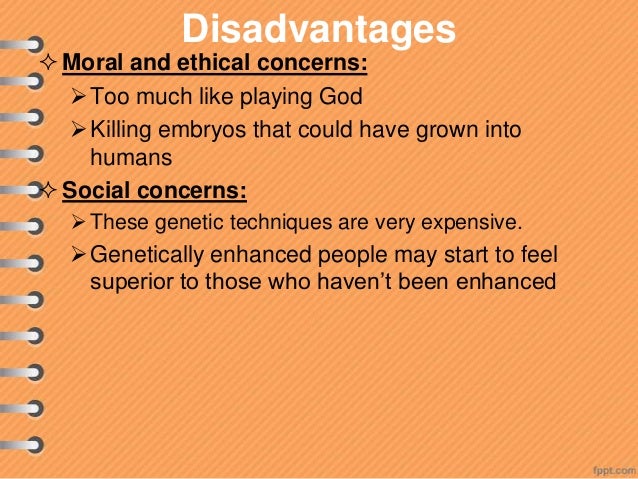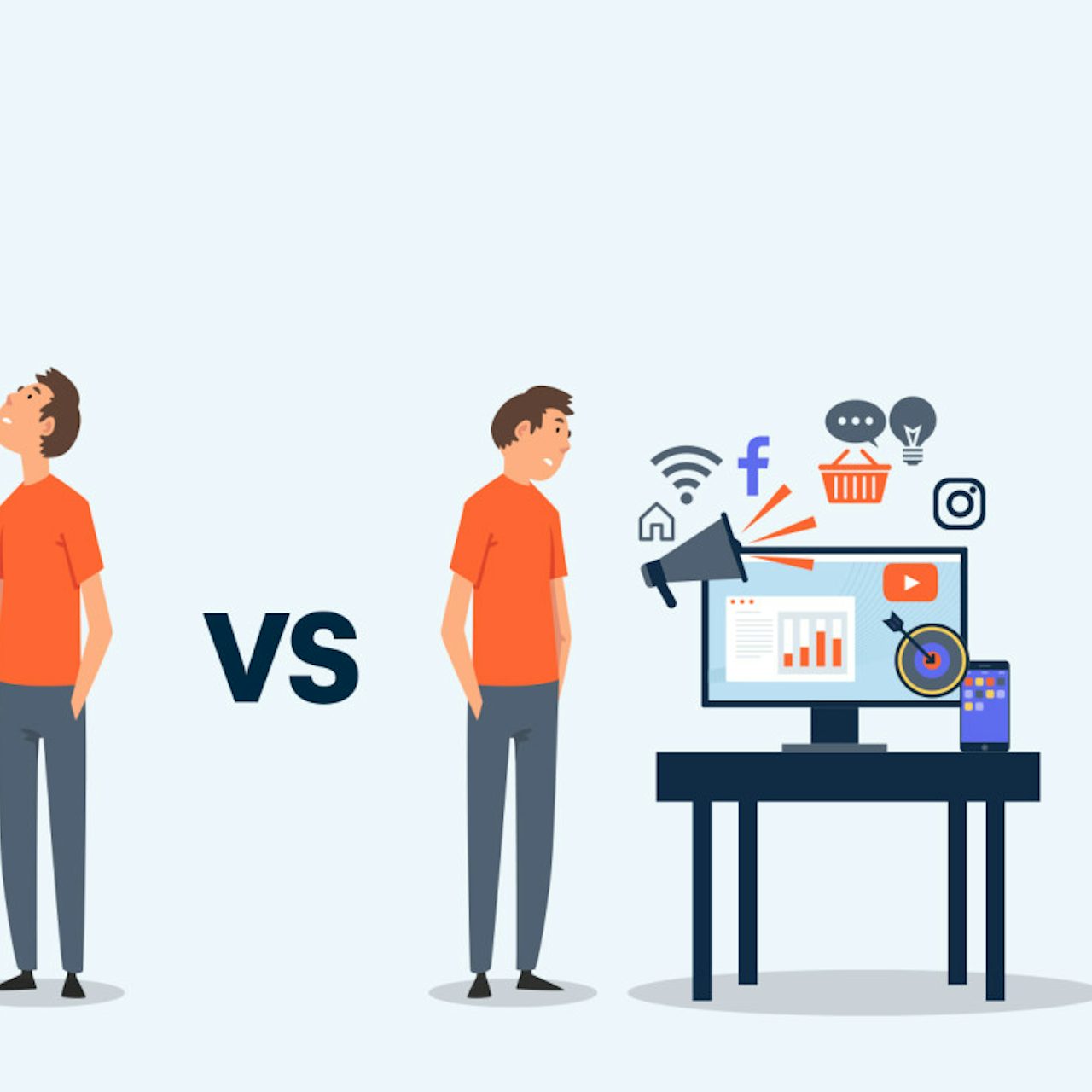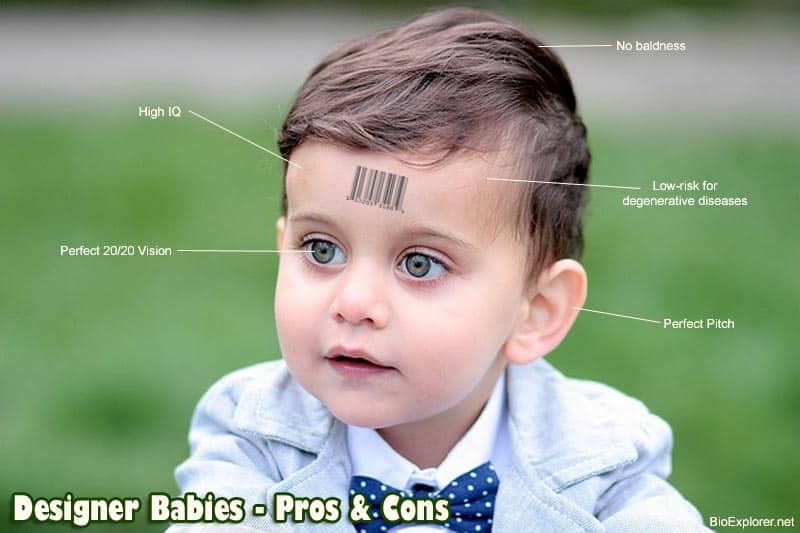Designer babies are genetically modified embryos that are created through the use of assisted reproductive technologies, such as in vitro fertilization (IVF) or genetic engineering. These techniques allow parents to select specific traits or characteristics for their children, such as hair and eye color, height, and intelligence. While the concept of designer babies has garnered a lot of attention and controversy, there are both advantages and disadvantages to this technology.
One potential advantage of designer babies is that they could help to prevent the transmission of inherited diseases and genetic disorders. For example, if a couple carries a genetic mutation that causes a serious disease, such as cystic fibrosis or sickle cell anemia, they could choose to use genetic engineering to prevent their child from inheriting the mutation. This could help to significantly improve the health and quality of life for the child and potentially even extend their lifespan.
Another potential advantage of designer babies is that they could help to reduce health care costs. Inherited diseases and genetic disorders often require extensive medical treatment, which can be financially burdensome for both the individual and the healthcare system as a whole. By preventing the transmission of these conditions through the use of designer babies, healthcare costs could be reduced.
However, there are also several disadvantages to designer babies. One major concern is the ethical implications of using genetic engineering to create children with specific traits. Some argue that it is wrong to manipulate the genetics of future generations and that it could lead to a society where people are judged based on their inherited traits, rather than their character and abilities.
Another disadvantage of designer babies is the potential for unintended consequences. While scientists may be able to predict certain traits that a child will inherit, there are many genetic interactions that are not fully understood. This means that there is a risk that genetic engineering could have unintended effects on the child's development or overall health.
Finally, there are also concerns about the potential for designer babies to exacerbate social inequalities. If only wealthy individuals or couples are able to afford the high cost of genetic engineering, it could create a two-tiered society where some people have access to genetic enhancements and others do not. This could lead to further divides and inequalities within society.
In conclusion, while designer babies have the potential to offer significant benefits, such as the prevention of inherited diseases and reduced healthcare costs, they also raise a number of ethical and societal concerns. As a result, it is important that the development and use of this technology be carefully considered and regulated to ensure that it is used ethically and in a way that promotes the well-being of all members of society.









